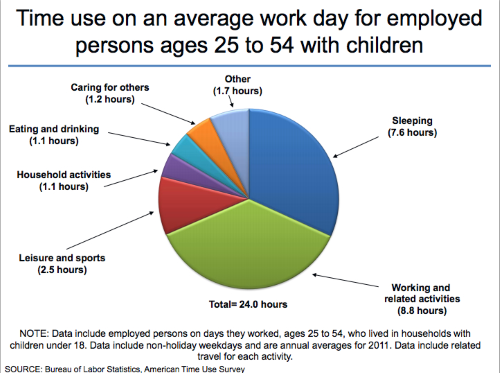I’m working for a software company and am part of the committee organizing an internal hackathon. I’m not a manager. Ideas I suggest are discussed by the committee and if we agree they are good, we try to make them happen.
I am basically looking for advice on how to get people to participate in the hackathon.
The company isn’t very large: it consists of no more than 300 people spread geographically between several offices located in different countries. People are allowed to participate together regardless of their location or position in the company.
Participating in the hackathon is optional. Employees who choose not to participate will have a normal working day.
People have a month to think of ideas they’d like to see happen, and then take the initiative of finding other people to team up with. They register the ideas with the issue tracking system and we then display them on big screens in the office. We also host a weekly open-for-all lunch-provided meeting where employees can present their ideas.
We are trying to market the event as “Your opportunity to make the changes you’ve always wished to.” While one may limit themselves to something that only benefits the company, they may also suggest something that will also help others. Maybe we should try to put emphasis on the second option.
This isn’t part of the normal process because we work with external clients and basically do what they need. At the hackathon, everyone has the freedom to try out something new.
The hackathon itself is a 24-hour long event where people work to implement their suggestions and then voting takes place. It’s not mandatory to stay for all 24 hours: you may limit yourself to working hours only. However, our message so far has been to encourage them to stay. I don’t think we’d be able to compensate them for the night, but we’ll let them work on their projects in advance (if it doesn’t interfere with their regular work), so they don’t feel like they’re letting their team down for not working 24h straight.
Winners are determined after office-wide voting has taken place, once work has finished and teams have presented their projects. Voting is not a privilege limited to attendees only.
Winners don’t get a monetary price but small tokens of recognition such as wearables, coffee cups, etc. All prizes are branded to indicate they belong to the winners. All attendees get free stuff, like t-shirts. Winner’s wearables will be different to the participant ones, but we’ll try to keep the message more subtle, so it isn’t annoying.
Winning items or money might feel better, but we don’t want to introduce tension between teams. Since the voting afterwards will ultimately decide the winners, and everyone in the company will be able to do it, it really feels like it could ruin relationships, especially if the price is as big as a gaming computer. Raspberry Pis are a great idea as they are cheap, but not everyone participating will be a technical person. I like the idea that everyone gets a price.
The location is the company’s office, and the event takes place during working hours, except for the night. People can leave at any time. They could also participate from home if they find it more convenient.
We are trying to ensure that people are free of other tasks on the event day, so that we don’t have only people with nothing better to do attending. It won’t be possible for everyone, but most people will be able to join if they want.
We are currently facing several issues:
- We can’t get enough people interested, hence there aren’t too many good ideas. We are creating buzz using email, company meetings and the managerial hierarchy.
- Preview sessions where people present their ideas and try to find team mates don’t get enough attendees (and some people even come only for the food, at the end of the meeting(!), skipping the presentations).
- This is the second year of the event; last year had only one successful project. The others were either unfinished, ditched, or were proposed to clients but they didn’t like them. This may be killing motivation. We obviously can’t guarantee that an idea would be used.
I have read several articles on the Internet regarding organizing such events, but most of them were focused at public ones where you are looking for outside people. They tend to talk about the venue, food and so on, and I have taken steps to make sure these aspects are addressed.
My questions are:
- How can we resolve the above issues and motivate people to join?
- Are the prizes we offer insufficient? We’re doing this mainly as a team building exercise and don’t want to offer monetary prices so no one gets angry they didn’t win. I’ve been wondering about alternative awards, like conference attendances, books, and the like, but maybe this can also create tension.
- What other tips do you have regarding organizing a successful hackathon?
Current status
Thank you guys, I'm receiving a lot of useful input. The biggest issues you highlight seem to be the duration of the event and the personal effort we are trying to convince employees to invest. I'll see what part of your suggestions we can implement and edit the question with the outcome.

